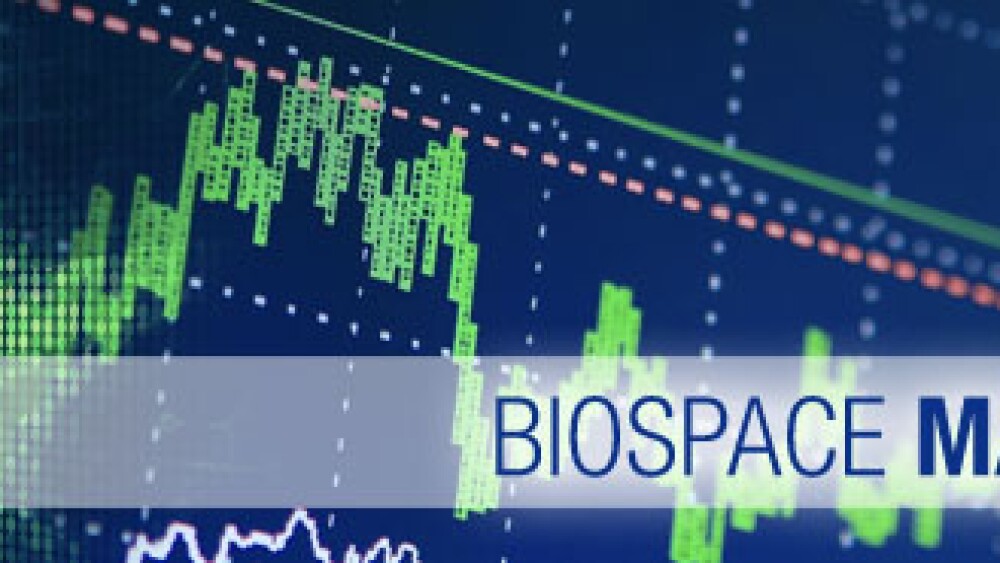October 21, 2014
By Riley McDermid, BioSpace.com Breaking News Sr. Editor
Biotech giant AbbVie may have been frustrated in its attempts to win lucrative tax exemptions by purchasing Irish firm Shire Pharmaceuticals, but it’s attempt to woo frustrated with a new $5 billion stock repurchase program hefty dividend might result in it taking on more debt and repatriating cash, an analyst said Tuesday.
Planned over the next few years, the stock repurchase authorization permits shares to be repurchased in open market or private transactions, has no time limit and may be discontinued at any time. Its new 17 percent higher quarterly cash dividend of $0.49 per share will be payable on Feb. 13, 2015 to stockholders of record as of Jan. 15, 2015.
Biotech analyst Mark Schoenebaum of ISI Group said that calls for a recalculated earnings per share estimate and dividend yield.
“Consensus already assumes share repo of around $2.5 billion over the next five years (i.e. through 2019),” wrote Schoenebaum in a note to investors Tuesday. “We assume here that there is about 4MM new shares being issued via SBC. This implies that ABBV could repurchase another $2.5 billion approximately. By our math this would imply about a 20 cent increase to consensus 2019 EPS numbers, i.e. 2019 EPS going from $5.83 to about $6.”
AbbVie could be forced to repatriate cash to finance the share repo, as well as the dividend increase, and might even issue some U.S. debt in the process.
“Under this scenario, we assume that AbbVie will have to repatriate cash each year, for the next five years, of about $950 million to finance both the share repo and dividend increase,” calculated Schoenbaum. “Recall consensus already assumes $2.5 billion of share repo by our math, so the true incremental amount is the other $2.5 billion for the share repo plus $450 million annually for the dividend increase. We assume a 35 percent tax rate. We also account for any forgone interest income. This results in an increase to 2019 EPS of 6 cents.”
If the company has to raise U.S. debt, against its ex-U.S. cash, to cover those expenses, earnings per share could fluctuate again, he said.
“We use a 2 percent interest expense based on AbbVie historicals,” wrote Schoenebaum. “This results in an increase to 2019 EPS of 13 cents. If we change our interest rate to 4 percent, as arguably 2 percent is too low, we see an increase of 9 cents (instead of 13 cents).”





